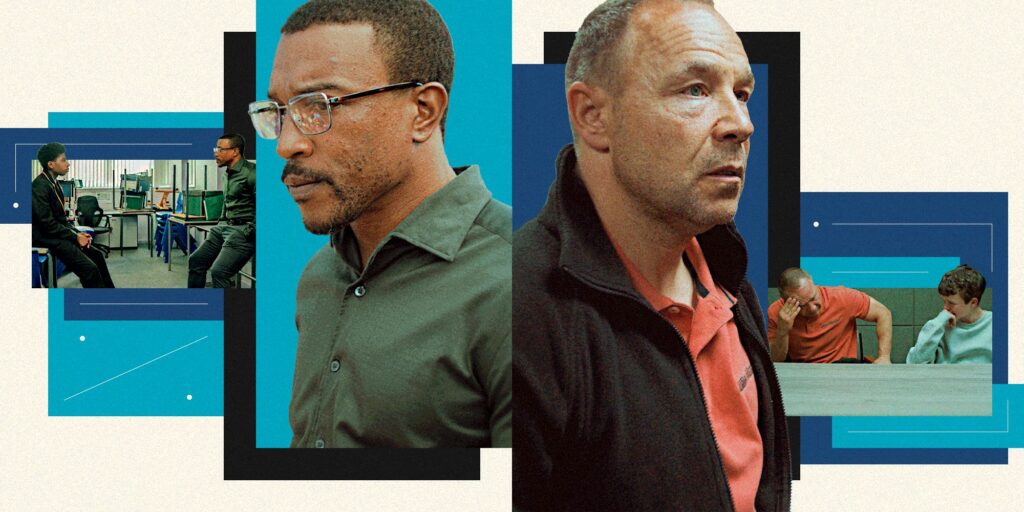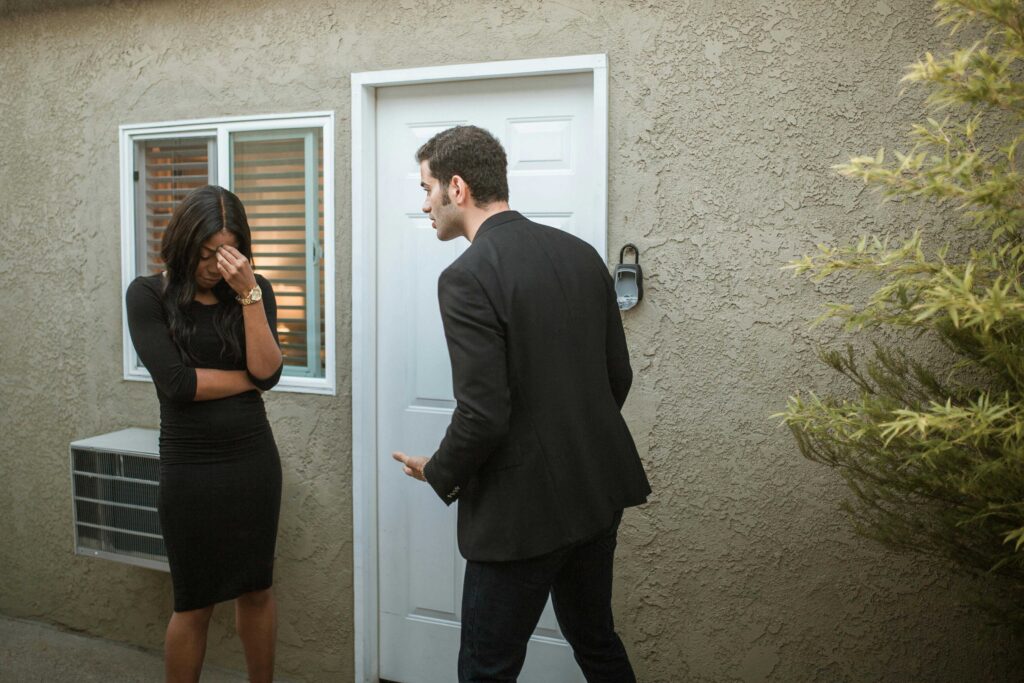I’m on a perfect beach-house holiday, oblivious to the fact that an insidious parasite has silently burrowed its way into my brain and is well on the way to destroying my life.
It was idyllic. The kind of getaway that I dream of when I’m neck-deep in work. Two families, three kids under five, all of us packed into a rental house one street back from the beach.
Thanks to COVID, I hadn’t seen my Queensland family in over a year, including a nephew I’d never met. He’s nine months old, all smiles and so chubby he’s got five elbows. When he reaches up to hold my hand it’s like a set of fingers balancing on a tower of pudgy dumplings, coming up to grasp my finger.
If you’ve ever spent a holiday in a home full of toddlers, particularly ones who are getting to know one another and chatting with one another, it’s just magnificent.
A non-stop show of innocent interaction punctuated by heart-warming signs of affection and the odd outburst of physicality and then tears. After a round of hugs and teaching moments, it starts all over again. Truly a beautiful time of life, never to be repeated.
So you’d think I’d be present in this moment, right?
Having already watched our eldest grow up and hit the fast-lane from about the age of eleven, I know these moments are precious, and that when they’re gone they’re gone forever.
But my attention isn’t on the people who should be the most important people in the world to me; it is mindlessly fixated on my stupid phone.
A phone I’d picked up to take a photo of the kids doing something awesome, and then habitually ‘just checking’ whatever app I would hopefully have a like or comment on, then getting lost in the loop of either scrolling or refreshing other apps for some new information, an update here and new message there, even a video of Dr Andrew Huberman explaining some life-changing fitness protocol to me.
In a blink I’ve lost 10 minutes of precious holiday moments forever. Instead I have a brain full of envy from all the comparison, fear from all the news, and a relentless drive to immediately write myself a new workout plan which wasn’t urgent eight minutes ago but is now something I simply must take care of now.
I’m no longer ‘in the room’ with my wife, my brother and sister-in-law and these magnificent kids. Instead, I’m upset that my shoulders don’t look like those of some guy I’ve never met, I’m afraid that, somewhere, a bit of Australia is under floodwater, and because I lingered on the previous picture of boulder shoulders, an algorithm now solves the problem it just created for me with an action step of watching a video about the fitness protocol I must follow now.
Like a parasitic South American screwworm, my phone has once again burrowed into my brain and is controlling my behaviour, directing me away from things I actually want to be doing.
I have to accept that i alone cannot choose to stop engaging with my phone. I’m incapable of making that choice.
The worst thing about all of this?
At the time, I didn’t know it was happening. It all felt like my own free will. My wife Audrey had to point it out to me (for about the 386th time since we’ve been together), and while my ego wanted to jump up and shout, “I don’t have a problem – I can stop whenever I want!”, in an instant I knew that was exactly what I used to say about my drinking.
Addiction’s biggest symptom is convincing you and others that it doesn’t exist. I was ashamed of it, and that shame was making me defend my behaviour.
So what to do? I’ve been through this before with alcohol. Thankfully, there are well-trodden steps that I took to get control of my alcohol addiction. (There’s more than eleven, less than thirteen)
Step one is to admit that my life has become powerless and unmanageable around this thing. My phone use is affecting my relationships with my wife and kids, my mental health, and even my purchasing habits. I don’t want it to be true, yet I know that when I start to justify or explain away my behaviour, that is just my addiction working to protect itself.
Step two is to believe that something bigger than me can help restore me to sanity. As much as I want to be “THE MAN” and be in control, I have to accept that my ideas aren’t enough. My will isn’t enough. I have tried again and again but I have to accept that I alone cannot choose to stop engaging with my phone. I’m incapable of making that choice. I’m a grown man being controlled by a phone.
The third step is choosing to turn the management of this over to something bigger than me. The thing is, I still need the phone for my work. Ironically, there are a few “bigger-than-me” things inside the phone that I can use.
1) As might happen with a six-year old boy, my wife has my screen-time passcode. I’ve set 15 minutes for social media apps every day, which is more than enough to post or update the things I need to do for work. After that? Go play outside, big fella.
2) No notifications. Aside from texts and an app I use to remind me to do things in the day, every notification is turned off. With the exception of my wake-up alarm and my alarm to take my meds, my phone has not made a noise since 2003. Not a ring, not a ping, not a thing.
3) If the shame of not achieving things or connecting with people sounds familiar to you, it’s important not to be too hard on yourself. My ability to make a choice to not keep scrolling is completely overpowered by the tech inside the phone.
Not long ago, the brilliant author Johann Hari was on my podcast to talk about his book Stolen Focus, in which he pointed out something incredibly important: “We think our inability to focus is a personal failure to exert enough willpower over our devices. The truth is even more disturbing: our focus has been stolen by powerful external forces that have left us uniquely vulnerable to corporations determined to raid our attention for profit.”
I know the AI has figured out what I like to look at, how long I like to look at it, and gives me rewards to keep me like a pigeon in a Skinner Box, endlessly pecking a button hoping for a snack.
This thing is more powerful than me. It’s got me figured out. I find it impossible to stop using it. And it’s causing destruction in my life.
The idea that my actions and attitudes are being guided by code is terrifying, but accepting that and doing something that reclaims my attention and reconnects me with the humans in the room is something I can control. And you know what? That feels better than a like on a photo from a stranger.
I guess the next move is to learn to be okay with being bored again – and even to be with my own thoughts, however uncomfortable they may be. But that’s a topic for another time.















